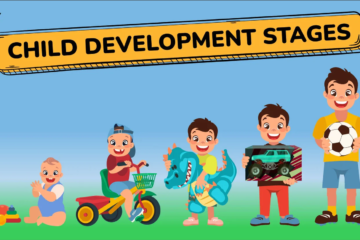Handling erratic behavior in children can be challenging, but there are several strategies you can employ to help manage and address the situation. Here are some tips:
- Stay calm: It’s important to remain calm and composed when dealing with erratic behavior. Losing your temper or becoming overly emotional may escalate the situation further.
- Identify triggers: Observe your child’s behavior to identify any patterns or triggers that might be contributing to their erratic behavior. This could include fatigue, hunger, stress, or certain environments. Understanding the triggers can help you plan ahead and avoid potential outbursts.
- Set clear boundaries: Establish clear and consistent rules and boundaries for your child. Ensure they understand the expectations and consequences for their behavior. Consistency provides structure and helps children feel more secure.
- Positive reinforcement: Praise and reward your child for positive behavior. This can motivate them to repeat good behavior and learn appropriate ways to express themselves.
- Teach emotional regulation: Help your child learn how to manage their emotions. Encourage them to express their feelings in healthy ways, such as through words, art, or physical activities. Teach them coping mechanisms like deep breathing, counting to ten, or taking a break to calm down.
- Communicate effectively: Encourage open and honest communication with your child. Listen to their concerns and validate their emotions. When addressing problematic behavior, explain why it is inappropriate and offer alternative solutions.
- Time-outs and quiet time: If your child becomes overwhelmed or displays extreme behavior, provide a designated space for them to calm down. A time-out or quiet time can give them an opportunity to regulate their emotions and reflect on their actions.
- Seek professional help if needed: If your child’s erratic behavior persists and significantly impacts their daily life, relationships, or academic performance, consider consulting a mental health professional. They can provide guidance, evaluate for any underlying issues, and offer appropriate interventions.
Remember, every child is unique, and what works for one may not work for another. It’s essential to be patient, flexible, and adaptive in your approach, tailoring it to your child’s specific needs and developmental stage.



0 Comments